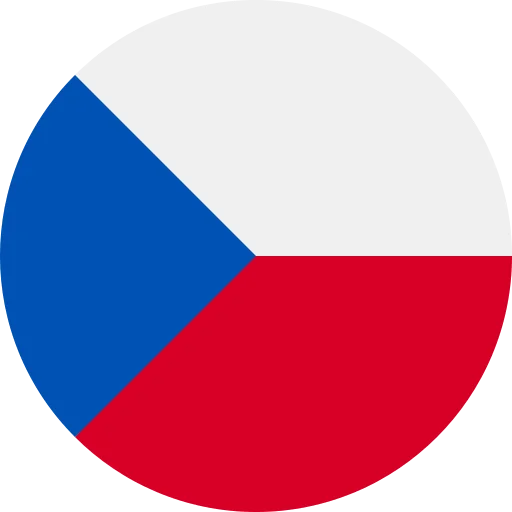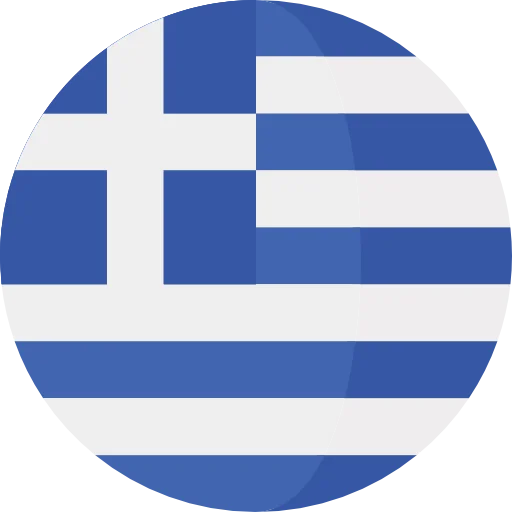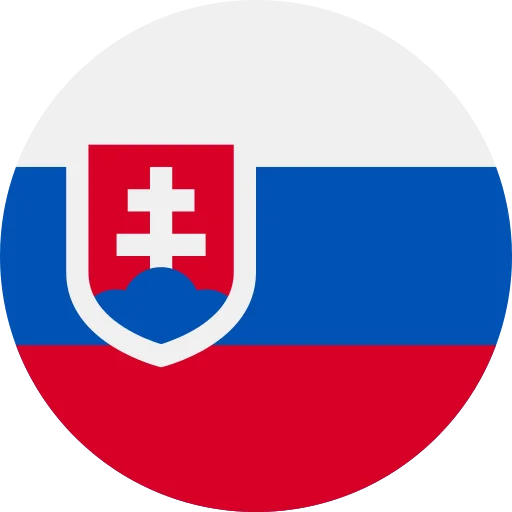- Casino News
- USA News
Is Meta Handling Illegal iGaming Ads?


Regulators pressure Meta over ads
Kuala Lumpur — Malaysian ministers and regulators are escalating their scrutiny of Meta Platforms, accusing the social-media giant of inadequately policing illegal iGaming promotions and potentially profiting from fraudulent advertisements. A Reuters investigation, published November 6, draws on internal Meta documents suggesting the company could derive as much as 10% of its total revenue from online scam advertising, with estimated scam ad revenue ranging from $7 billion to $16 billion.
The Reuters report, which examined internal Meta documents viewed by the outlet, contends that billions of users on Facebook, Instagram, and WhatsApp were exposed to bogus investment schemes, illegal online casinos, and purveyors of outlawed medical products. Malaysian authorities say the findings heighten concern about cybercrime and consumer protection on Meta’s platforms.
Regulators demand accountability as platforms face fraud risk at scale.
The Malaysian Communications and Multimedia Commission (MCMC) has previously criticized Meta for not removing illegal gambling ads quickly enough. Commissioner Derek Fernandez described the Reuters findings as “very worrying” and of “grave concern.” He signaled that the revelations could intensify calls for more stringent oversight of digital platforms operating in Malaysia.
Since January, Malaysia requires social media and messaging services with at least eight million registered users to obtain a license to operate domestically. Penalties for non-compliance include fines of up to $118,500 and potential jail terms of up to five years. Meta maintains that it polices its platforms regardless of licensing regimes. Meta’s Director of Public Policy, Rafael Frankel, told the South China Morning Post that the company does not need a license to pursue its safety efforts.
The MCMC says Malaysians lost nearly $60 million to e-commerce scams promoted on Meta platforms between 2023 and August 2025, with Facebook accounting for the bulk of these losses. The government has issued more than 168,000 removal requests for illegal Facebook content this year alone, focusing on online gaming and gambling-related posts.
Malaysia’s Communications Minister Datuk Fahmi Fadzil argued that Meta’s actions have not fully cooperated with anti-cybercrime efforts, creating opportunities for illicit activity to persist. Reuters reports that Meta is alleged to avoid banning advertisers until it is at least 95% certain they are promoting illicit goods, and at times increases ad charges for advertisers deemed suspicious. Observers note that while Meta analyzes user data to target ads, it may inadvertently amplify exposure to scam content for users who engage with those ads.
In response to the broader governance challenge, Commissioner Fernandez proposed a “public safety and online-harm rating system” to assess digital platforms on transparency and effectiveness. Regulators argue that stronger oversight could curb the ease with which scam ads propagate and improve accountability for platform operators. Fraud consultant Sandeep Abraham, a former Meta safety investigator, told Reuters that if regulators would not tolerate banks profiting from fraud, regulators should apply similar scrutiny to tech platforms. The debate highlights a broader tension between innovation, platform monetization, and consumer protection in rapidly evolving digital markets.
Analytical take
Implications for platform accountability: The Reuters findings underscore ongoing tensions between revenue-driven ad models and the need for aggressive fraud prevention. If internal documents indicate a tolerance for higher-ad pricing when fraud is suspected, critics may question whether profit considerations undermine consumer protection.
Regulatory trajectory: Malaysia’s licensing framework is part of a broader global trend toward stricter oversight of big tech platforms. While licensing can create enforcement leverage, it also tests cross-border governance, given Meta’s global reach.
Economic and consumer impact: The estimated $60 million in local losses and hundreds of thousands of removal requests reflect substantial consumer harm and a sustained regulatory risk. Enhancing real-time takedowns, improving advertiser verifications, and aligning payment controls could mitigate losses.
Policy options: A public-safety rating system, stricter licensing enforcement, mandatory cross-border information sharing on fraud patterns, and enhanced cooperation with financial institutions could form a multi-pronged response.
Key questions for readers and policymakers
- Should platforms be licensed and withheld from certain advertising capabilities until they demonstrate robust anti-fraud safeguards?
- How can regulators ensure that platform revenue incentives do not undermine fraud prevention?
- What technical and procedural reforms would most effectively reduce exposure to illegal iGaming and other scam ads?








